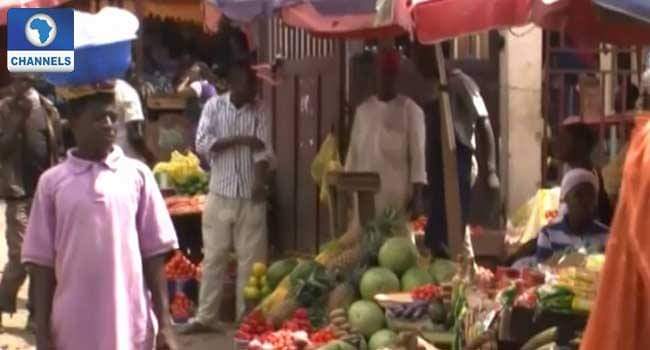Stakeholders in the agricultural and allied sector have tasked the nation’s media and farmers to evolve a drastic collaboration to deepen food security and alternative sources of animal feeds beyond open grazing.
They made the call in Abuja during the second edition of the National Animal Feed Summit organised by Centre for Journalism Innovation and Development (CJID), Sahel Consulting and the Ministry of Agriculture and Rural Development.
The Executive Director of CJID, Dr. Tobi Oluwatola, while highlighting the importance of the summit, said animal feed represents 70 percent of livestock production.
He noted that Nigeria is producing less than 25 percent of its demand for livestock, hence there is the need to buckle up in feed feed production.
“We in collaboration with the Ministry of Agriculture and Rural Development and Sahel Consulting decided for this particular dialogue was that animal feed is a very critical aspect of the value chain because it represents 70 percent of the cost of livestock production, and livestock production is where we get our proteins and we are really lagging behind on that, we are producing less than 25 per cent of our demand.
“So we really need to buckle up in that respect, that is why that aspect has been tackled. But again, it doesn’t end here, the conversation, next year, it will be another aspect that we will pick in other sectors as well,” Oluwatola said.
He said they hope to achieve self-sufficiency in animal feed production at the end of the summit and create millions of jobs especially for the youth.
On his part, the Minister of Agriculture and Rural Development, Dr Muhammed Abubakar, urged Nigerian farmers to look for alternative source of feeds for their animals to enable the country attain sustainable food security.
Dr Abubarka said it was time farmers to embrace technology for improved animal feeds to enhance food security in the country.
Fisayo Kayode, Senior Program Manager at Sahel Consulting said this year’s summit is looking beyond the conventional feed sources to seeing how they can also integrate farmers into understanding the importance of sourcing alternative feed resources.
She said the reason why Sahel Consulting is partnering with the Ministry of Agriculture and CJID is to ensure that they also putting out there what the farmers are facing, what their needs are and how the different stakeholders both public and private sectors can meet there needs through partnerships, collaborations, coming up development initiatives that can promote productions as well as local and foreign investments.
Speaking on ‘Prospects of Alternative Feed Resources Utilisation (Insect)’, Prof. Cordelia Ebenebe, of Animal Science at the Nnamdi Azikiwe University, said insects are essential components in the production of highly nutritious animal feeds.
She said insects have the potential to meet the animal protein needs of feed milling and poultry industries.
In his presentation, Yarama Ndirpaya, director of the Agricultural Research Council of Nigeria, said Nigeria is facing a feed and food security crisis that is compounded by the COVID-19 global pandemic and its effects on the food value chain in the country.
He said the pandemic, insecurity, climate change and post-harvest losses, among others, have significantly disrupted already fragile value chains across the country, including people’s ability to produce, process, and distribute food.
Speaking on the roles of the media, Premium Times Managing Editor, Idris Akinbajo, lamented that there is no proper synergy among government agencies to ensure that people don’t suffer the way they did during the last flooding in many Nigerian communities.
He, however, noted that the media is really trying to deepen climate change and food security reporting in the country.
On agricultural policies like the Anchor Borrowers Program launched in 2015, Akinbajo said the problem of the programme was the lack of transparency, leading to the failure of such programmes.











